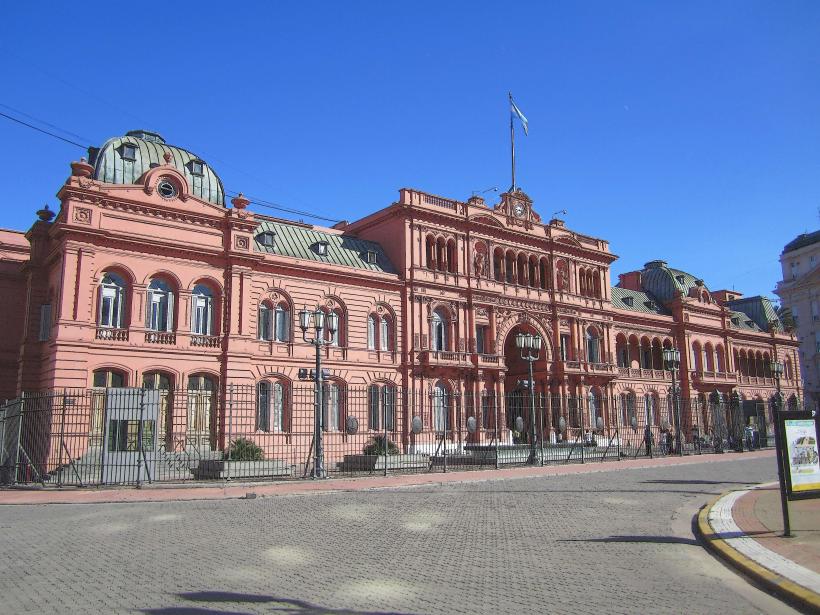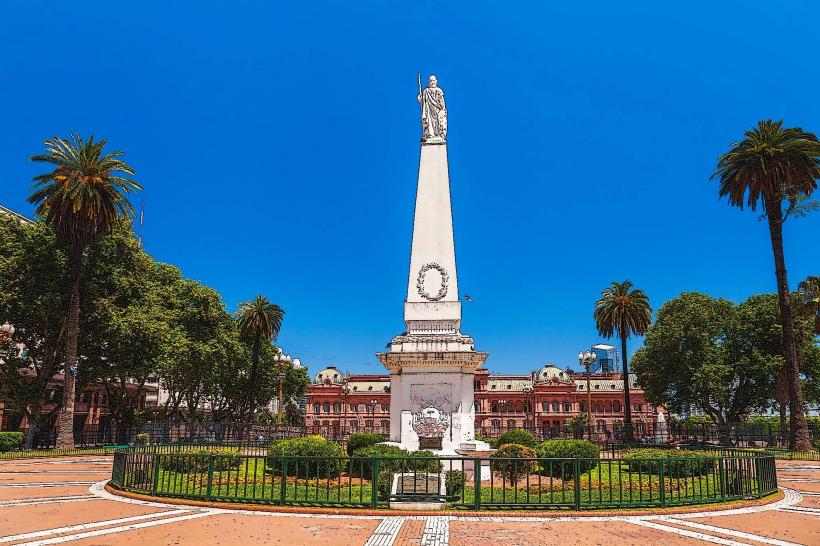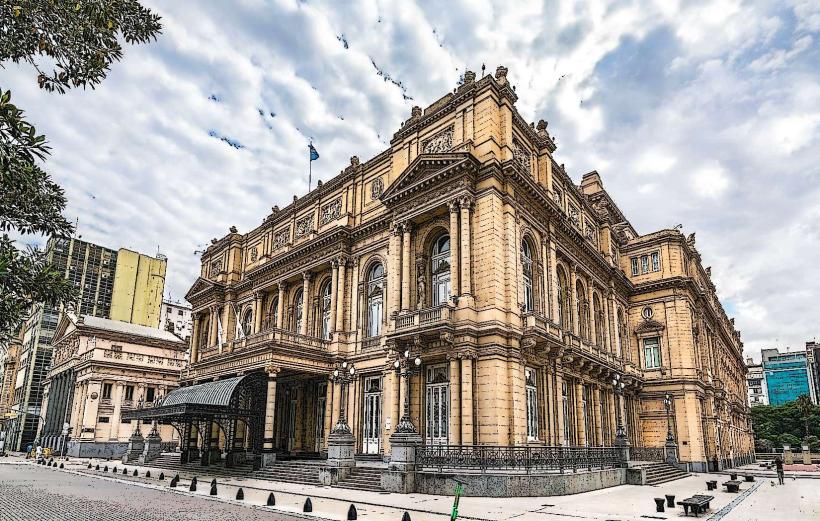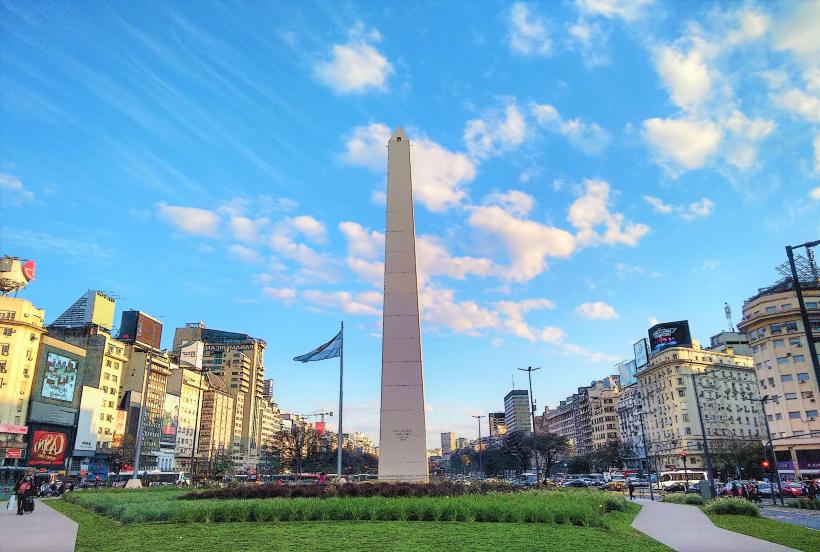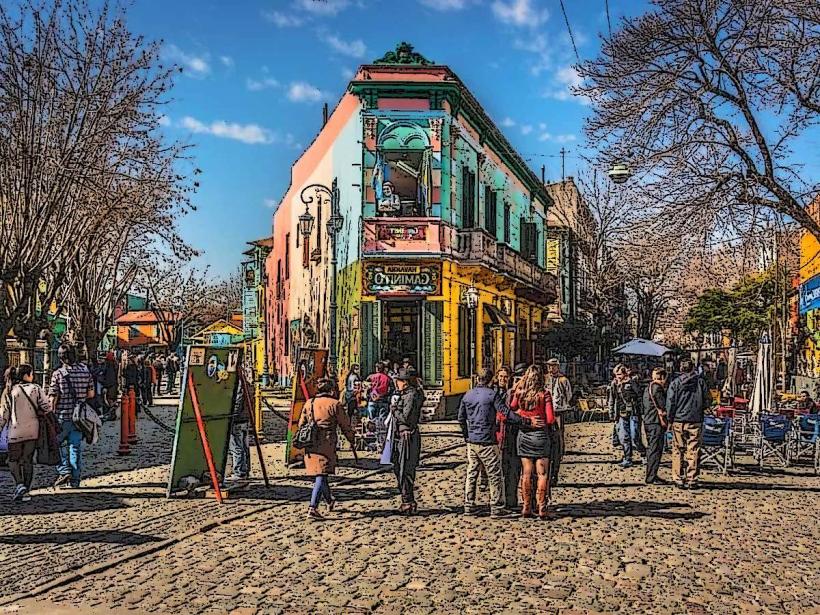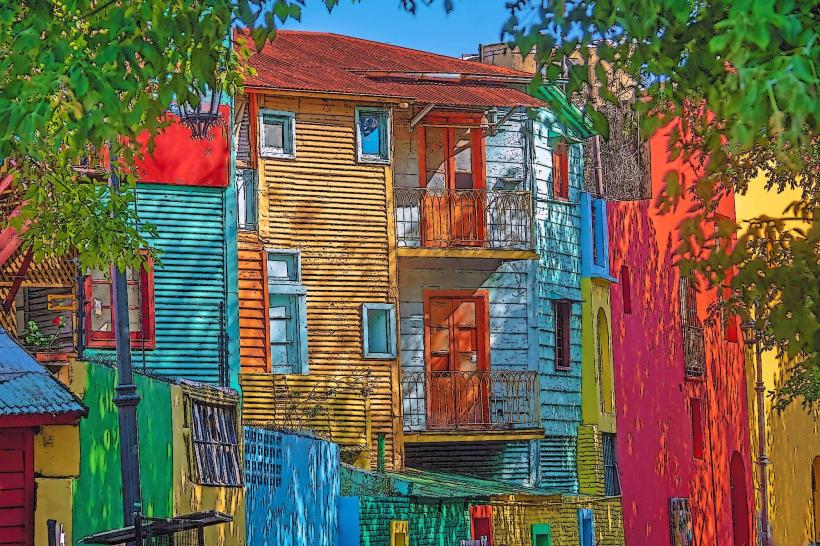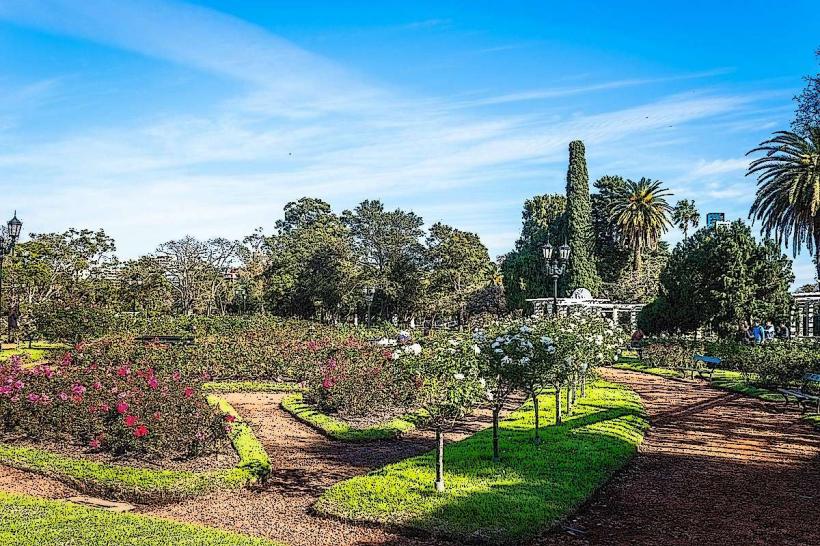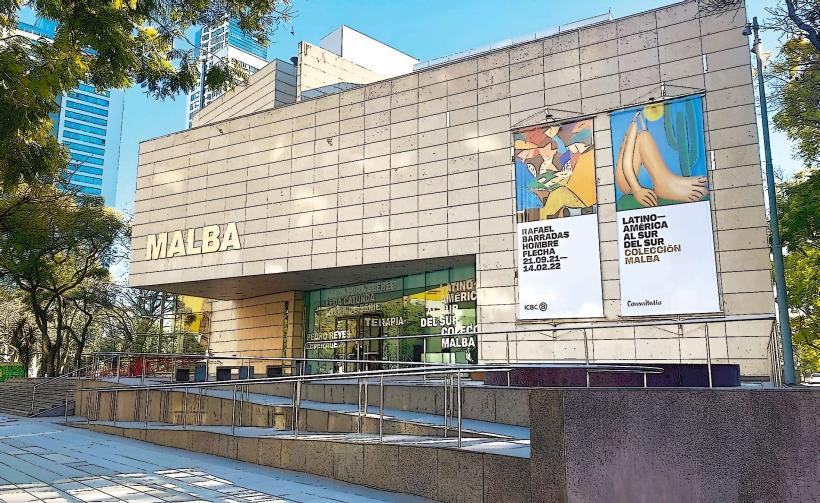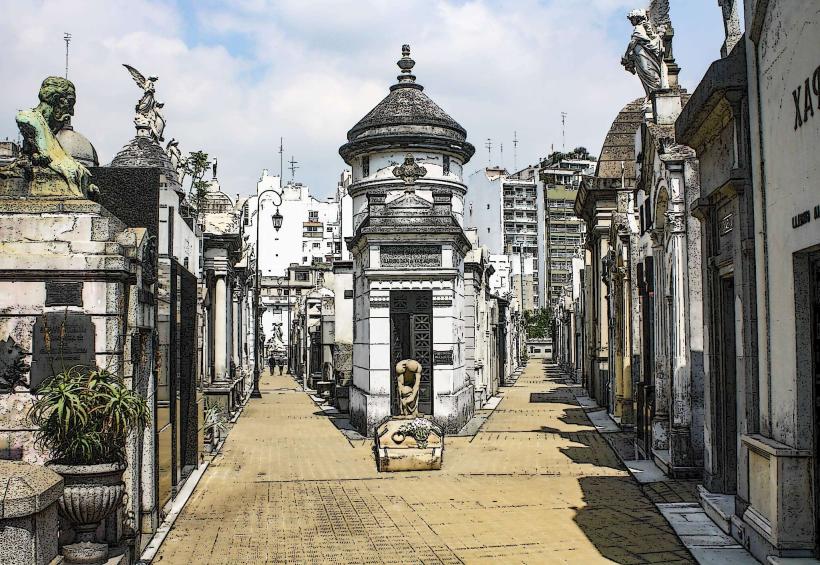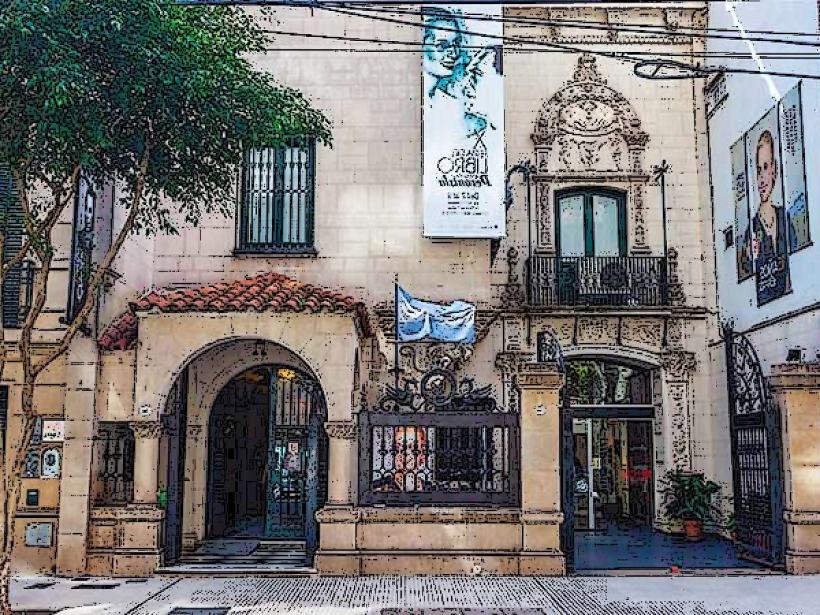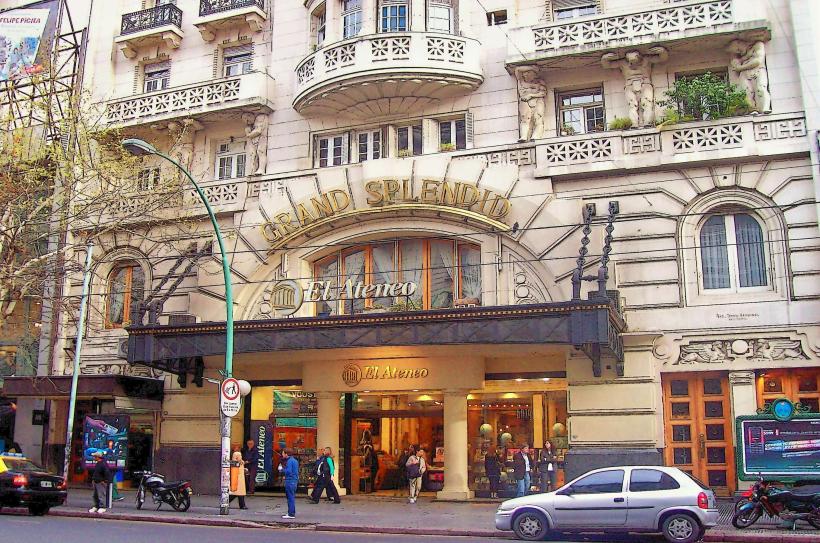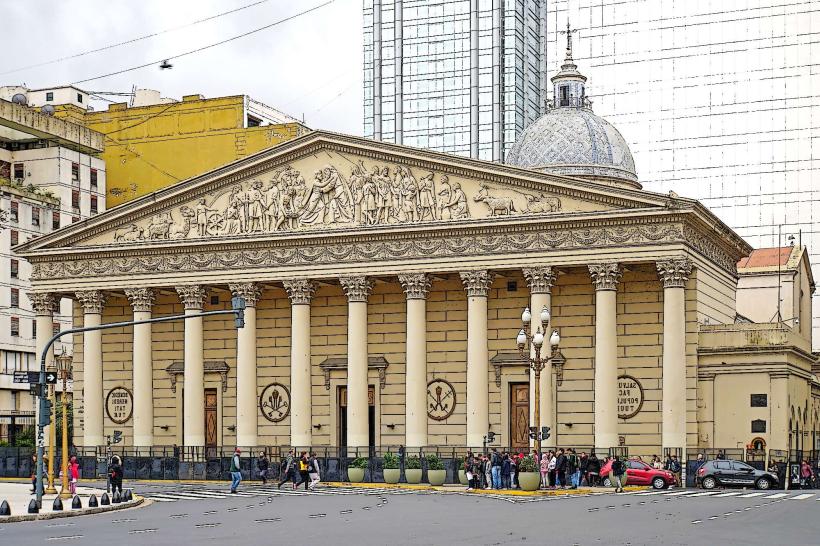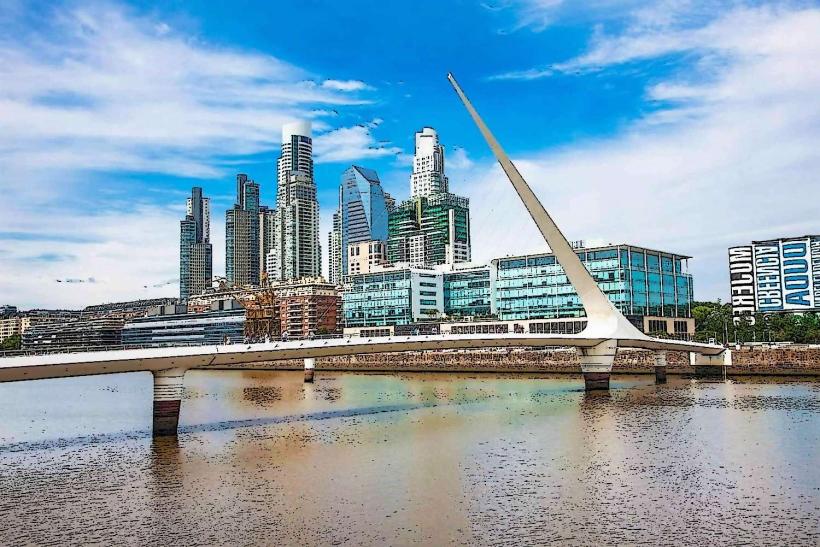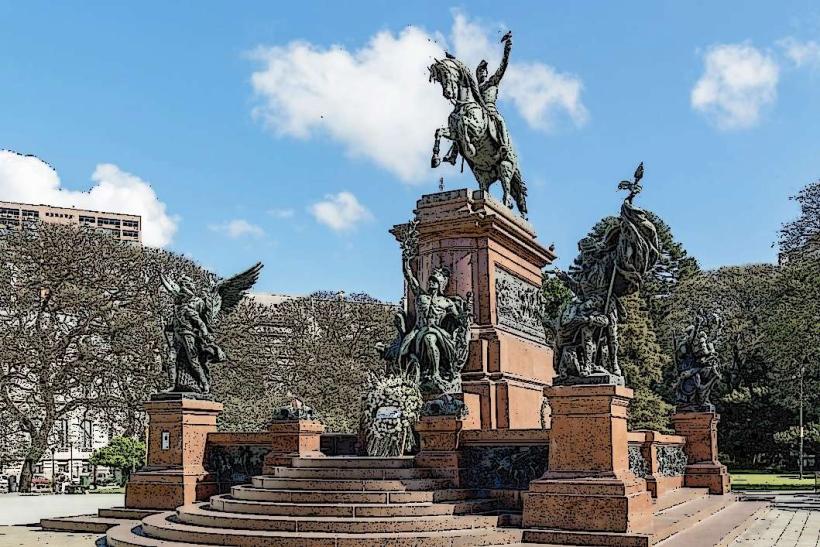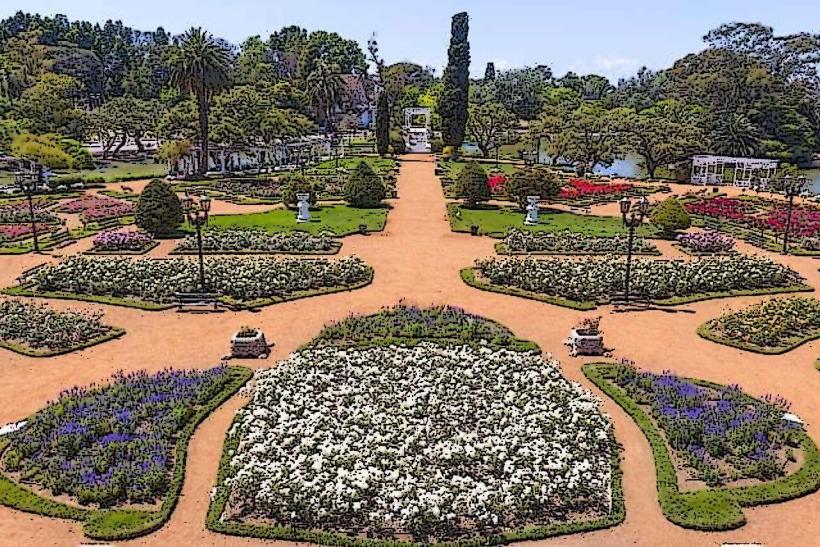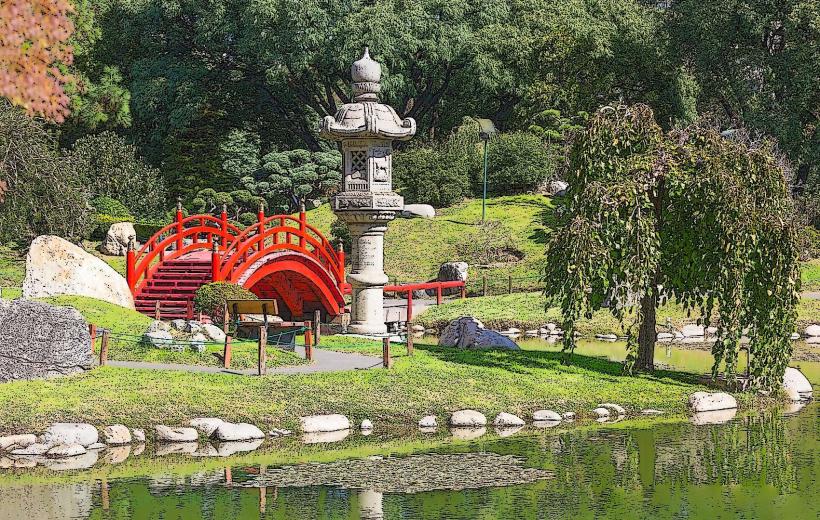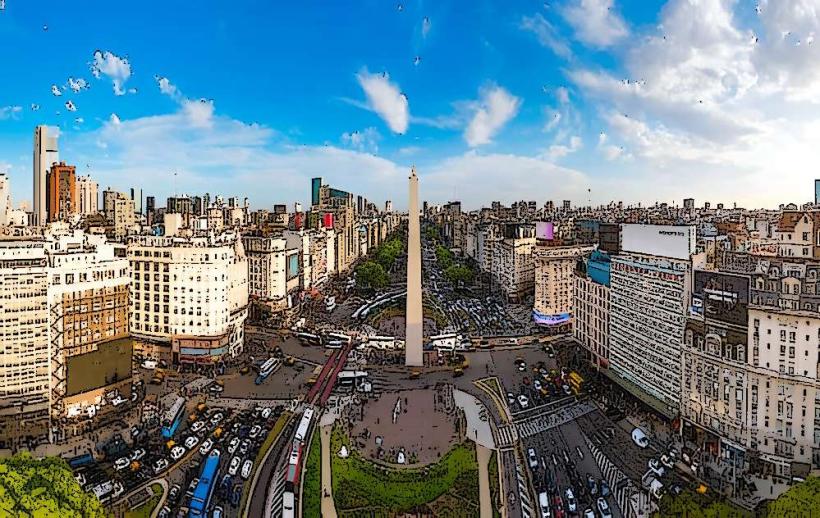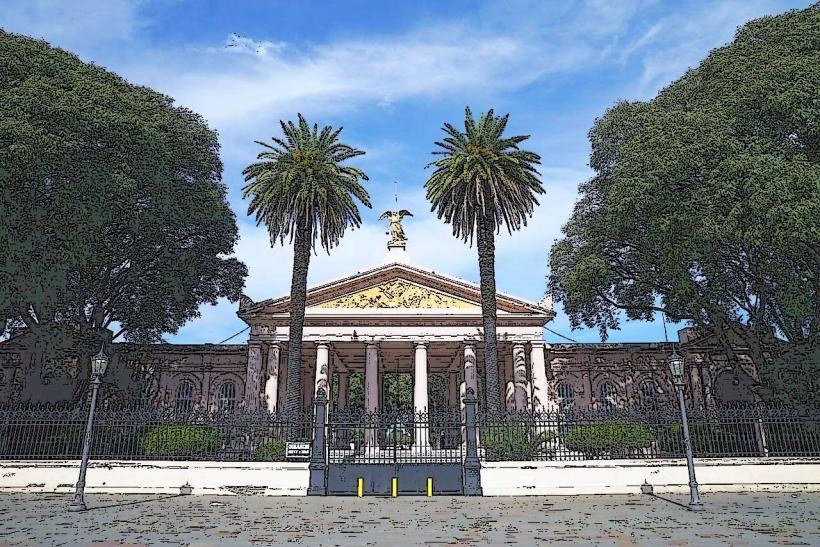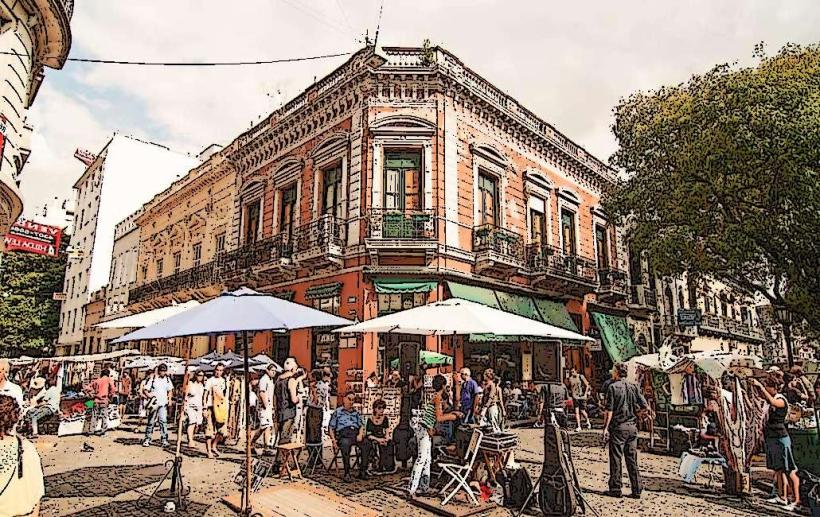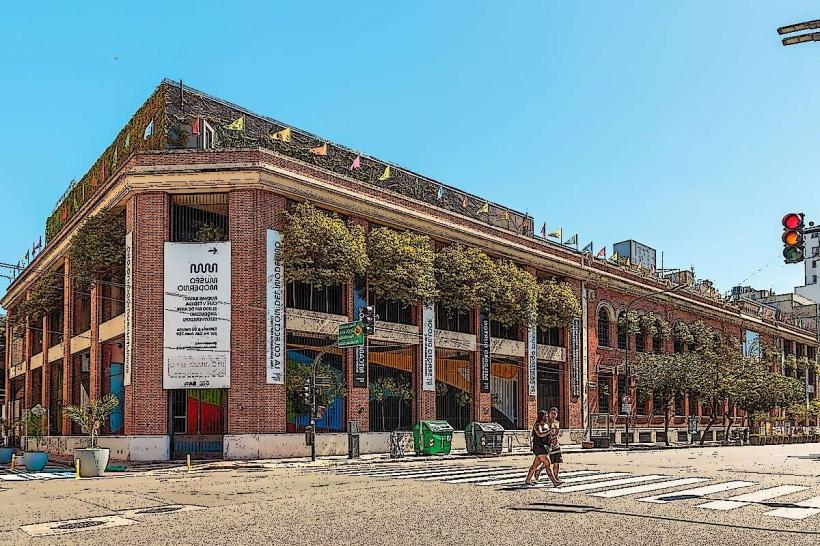Information
Landmark: Torre MonumentalCity: Buenos Aires
Country: Argentina
Continent: South America
Torre Monumental, Buenos Aires, Argentina, South America
Lago Cuicocha is a high-altitude volcanic crater lake located within the Cuicocha Ecological Reserve, approximately 5 kilometers southwest of Cotacachi, Ecuador.
Visual Characteristics
The lake occupies a caldera formed by a volcanic eruption. Its waters exhibit a deep blue-green coloration, influenced by mineral content. Two prominent islands, Isla Yerovi and Isla Teodoro Wolf, are situated within the lake. The surrounding slopes are characterized by dense vegetation, primarily consisting of native shrubs and grasses, with exposed volcanic rock formations visible in certain areas. The elevation of the lake's surface is approximately 3,090 meters (10,138 feet) above sea level.
Location & Access Logistics
Lago Cuicocha is accessible via a paved road, the E25 highway, from Cotacachi. The turn-off for the lake is clearly marked. The drive from Cotacachi to the lake entrance is approximately 15 minutes. Ample parking is available at the main visitor center and near the lake's edge. Public transportation options are limited; shared taxis or private vehicles are the most common methods of access. There are no direct bus routes to the lake itself.
Historical & Ecological Origin
Lago Cuicocha is a phreatomagmatic eruption crater, formed approximately 3,000 years ago. The caldera was created by the collapse of the volcano following a massive eruption. The islands within the lake are remnants of the original volcanic cone. Ecologically, it is classified as a high-Andean páramo ecosystem, supporting specialized flora and fauna adapted to the altitude and climate.
Key Highlights & Activities
A primary activity is hiking the 4.8-kilometer (3-mile) trail that circumnavigates the crater rim, offering panoramic views of the lake and surrounding landscape. Boat tours are available, providing access to the islands and closer views of the lake's surface. Birdwatching is also a popular activity, with various Andean species present in the reserve. Photography is facilitated by the consistent natural light at this altitude.
Infrastructure & Amenities
Restrooms are available at the main visitor center. Limited shaded areas are present near the visitor center and designated picnic spots. Cell phone signal (4G/5G) is intermittent and generally unreliable within the reserve. Food vendors are typically present near the main parking area, offering local snacks and beverages.
Best Time to Visit
The best time of day for photography is generally between 10:00 AM and 3:00 PM, when the sun is highest, providing clear illumination. The dry season, from June to September, offers the most stable weather conditions with less rainfall. The lake's elevation means temperatures can be cool year-round, with average daytime temperatures ranging from 10°C to 18°C (50°F to 64°F).
Facts & Legends
Local legend suggests that the lake's name, "Cuicocha," derives from the indigenous Kichwa language, meaning "Guinea Pig Lake," due to the shape of one of the islands resembling the animal. A specific tip for visitors is to be aware of the altitude and allow time for acclimatization before undertaking strenuous activities like the rim hike.
Nearby Landmarks
- Cotacachi Town Center: 5km Northeast
- Peguche Waterfall: 8km East
- Otavalo Market: 15km Southeast
- Volcán Imbabura: 20km East

